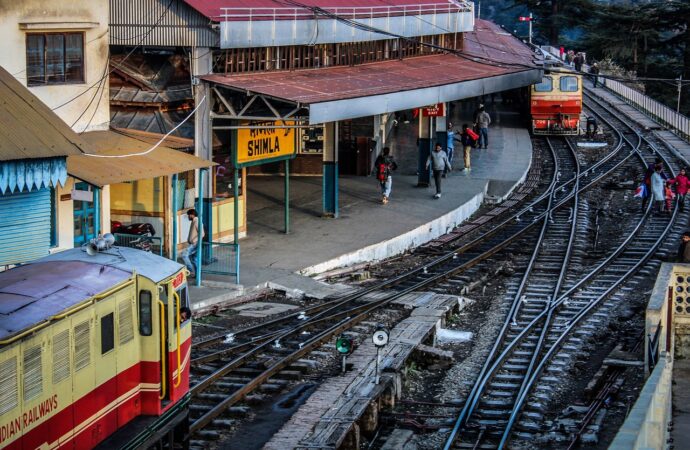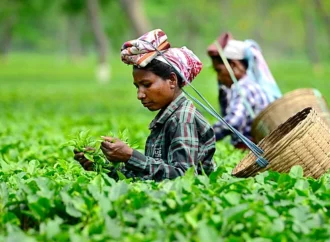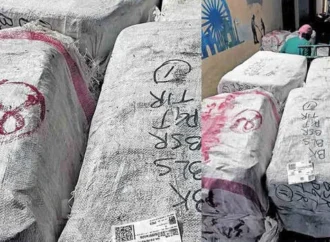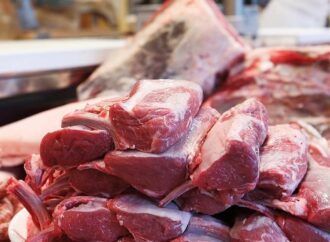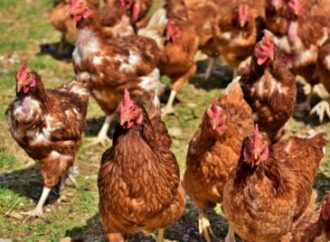Introduction
The program spearheaded by the Indian Railways and the IRCTC involves the assessment of meals served to passengers as well as the cleanliness and hygiene of stations and trains on long-distance routes. The initiative of this program is meant to help guarantee that passengers will be provided with food that is clean, safe, and of quality when they are in transit.
Background of the Initiative
The current state of food and its quality as served on trains remains a contentious issue within and outside train compartments, with people complaining of the unsanitary nature, taste, and quality of food. Such complaints have prompted the IRCTC to introduce preventive measures to arrest the trend and enhance customer satisfaction with rail food services in India.
Comprehensive Inspection Drive
The current inspection campaign entails thorough inspections and audits aimed at the ways of preparing and serving food in long-distance trains and major railway stations. The focus is on several critical aspects:
- Hygiene Standards: Ensuring that food is processed, stored, and offered in a clean environment to minimize health hazards.
- Quality of Ingredients: Confirm the source and quality of raw materials used in food preparation.
- Preparation Practices: Supervising cooking methods and compliance with existing recipes and standards.
- Staff Training: Evaluating catering staff’s training and the sanitation measures they implement while handling food and utensils.
Collaboration and Implementation
The inspection drive involves cooperation between various railway departments and IRCTC, which coordinate the inspections. Strictly staffed teams actively conduct surprise inspections, audits, and even passenger surveys. This approach creates a functional framework that enables constant assessment and improvement.
Technological Integration
Various forms of technology are being incorporated to address inspection concerns. Mobile applications are used for generating real-time reports and tracking inspection work. Additionally, data analysis helps identify recurring issues and ensures timely resolution.
Future Plans
The Indian Railways and IRCTC plan to extend inspection measures to other trains and stations in the future. There are also plans to introduce advanced training programs for catering staff and to adopt international best practices in food safety and hygiene.
Conclusion
The current food inspection drive by the Indian Railways and IRCTC signifies a positive stride towards enhancing passenger comfort. The quality of food and hygienic conditions have long been major issues, but by offering high-quality food, the railways are proving to be among the best transportation service providers. As these efforts continue to expand, Indian passengers can look forward to safer, healthier, and more enjoyable rail travel throughout the extensive railway system of India.
 Food Manifest
Food Manifest 